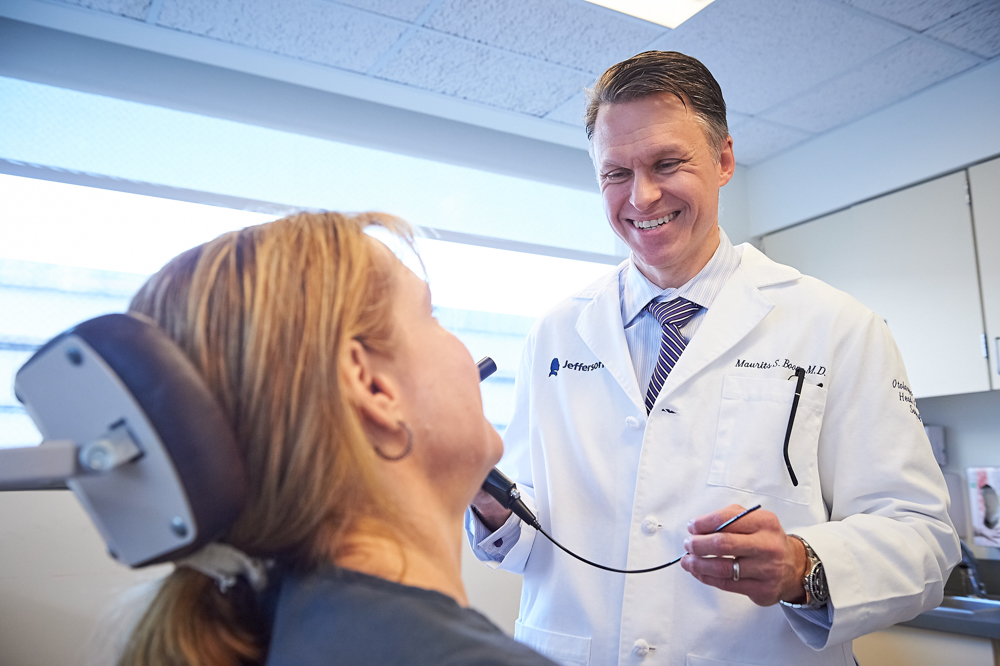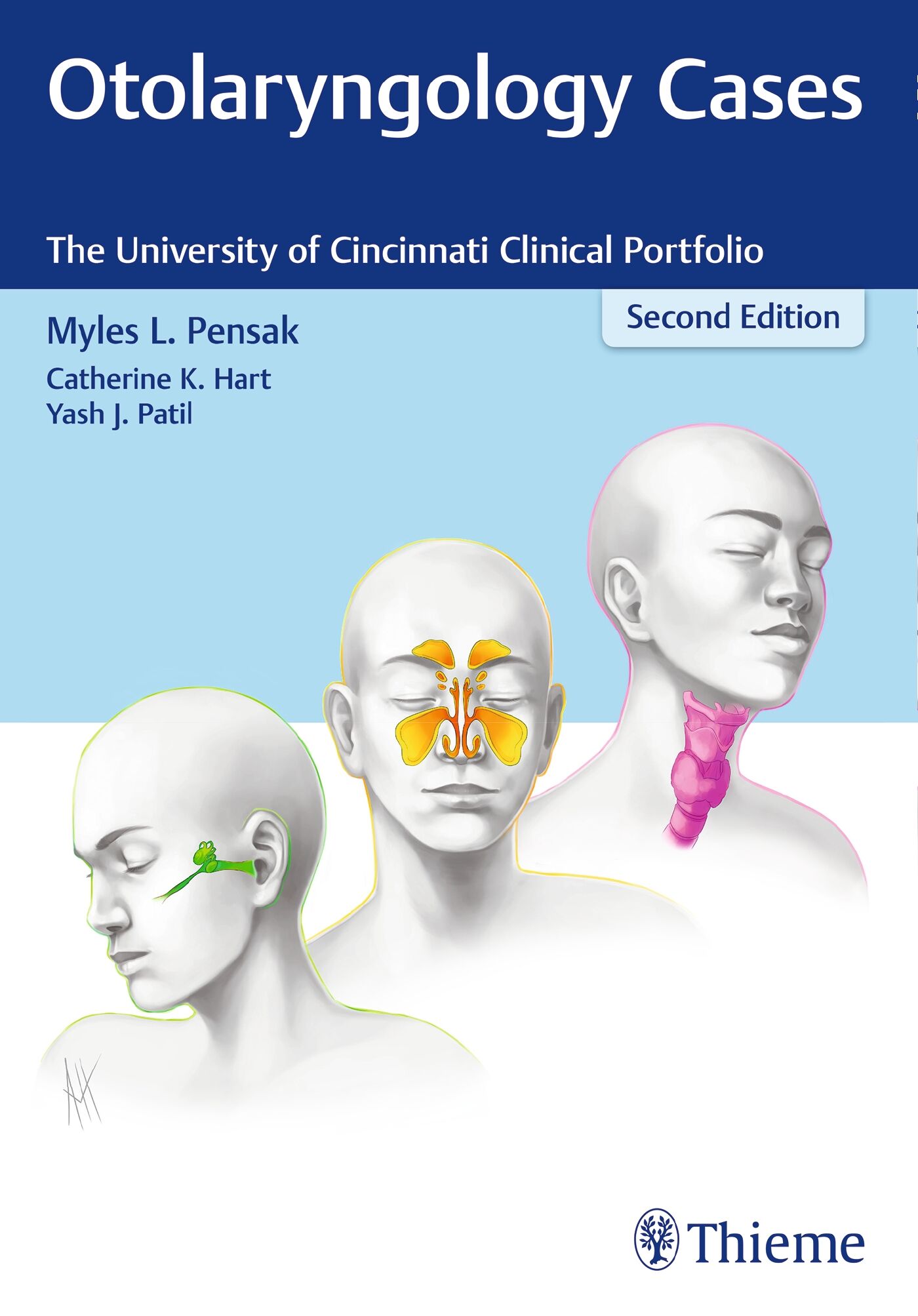Tinnitus or Sound Sensitivity? Here's When to Seek Help from a Hearing Clinic
Tinnitus or Sound Sensitivity? Here's When to Seek Help from a Hearing Clinic
Blog Article
Discovering the Field of Otolaryngology: What to Anticipate When You Seek Advice From an ENT
Otolaryngology, generally described as ENT, includes the medical diagnosis and therapy of nose, throat, and ear disorders. For those experiencing related issues, consulting an ENT expert can provide clarity and alleviation. Understanding what to anticipate during such examinations is important for efficient interaction and care. This introduction will certainly detail crucial aspects of the ENT experience, consisting of typical reasons for gos to and the processes associated with diagnosis and treatment.

Recognizing Otolaryngology: A Summary
Otolaryngology, frequently referred to as ENT (Ear, throat, and nose) medication, is a specialized branch of medication that concentrates on the diagnosis and therapy of conditions affecting these critical areas of the human body. This area encompasses a broad variety of problems, including those relevant to hearing, equilibrium, respiratory system function, and speech. Otolaryngologists are educated to manage both medical and clinical therapies, making use of sophisticated strategies and innovations. Their knowledge prolongs past typical ailments, attending to concerns such as allergic reactions, sinus infections, and hearing loss. Additionally, they play a crucial function in the management of head and neck cancers, providing thorough care tailored to individual patient demands. In general, otolaryngology continues to be necessary for preserving health and wellness and lifestyle in afflicted individuals.
Usual Reasons to See an ENT Specialist
Many individuals look for the know-how of an ENT expert for a variety of reasons, reflecting the diverse nature of conditions that impact the ear, nose, and throat. Typical problems include chronic sinus problems, which frequently causes persistent nasal congestion and facial discomfort. Allergic reactions and their associated symptoms, such as sneezing and itching, likewise prompt brows through to these professionals (Otolaryngologist). Hearing loss, whether gradual or unexpected, is one more significant factor for assessment. Furthermore, people might seek assessment for throat disorders, consisting of consistent hoarseness or swallowing difficulties. Sleep apnea, identified by disrupted breathing during rest, is frequently dealt with by ENT experts as well. Each of these conditions highlights the relevance of specialized treatment in managing complicated ENT-related health issues
Getting ready for Your ENT Consultation
When planning for an ENT visit, it is important to gather pertinent details and take into consideration any type of details issues. Individuals must put together a detailed clinical background, consisting of previous ear, nose, or throat problems, surgical treatments, and existing drugs. Documenting signs and symptoms-- such as duration, regularity, and intensity-- can provide useful insights for the ENT expert. Additionally, individuals must prepare a list of questions they desire to ask, making sure that all problems are resolved during the see. Bringing along any type of appropriate clinical documents or examination results can further aid the ENT in understanding the client's condition. Finally, clients need to validate their consultation information, including place, day, and time, to reduce any kind of final complication. Correct preparation can improve the efficiency of the assessment and cause much better outcomes.
What to Anticipate During the Examination
As the appointment starts, the client can anticipate to participate in a detailed conversation with the ENT professional about their signs and case history. The expert will ask about the duration, regularity, and severity of signs and symptoms such as hearing loss, nasal congestion, or aching throat. Furthermore, the client's previous medical problems, medicines, and any kind of relevant household history will be examined, helping the specialist in forming a full understanding of the person's health and wellness. The ENT may also ask regarding way of living aspects, such as exposure to allergens or irritants. This open dialogue establishes a foundation for the assessment, guaranteeing that the individual's problems are addressed and establishing the stage for any necessary analyses or recommendations for treatment.
Diagnostic Tests and Procedures in Otolaryngology
A variety of analysis tests and treatments are crucial in otolaryngology to precisely evaluate and diagnose problems influencing the ear, throat, and nose. Usual examinations include audiometry, which determines hearing function, and tympanometry, examining middle ear pressure. Nasal endoscopy allows visualization of the nasal flows and sinuses, while laryngoscopy checks out the throat and singing cords. Imaging methods, such as CT scans and MRIs, provide detailed sights of head and neck Continued frameworks. Allergic reaction screening may likewise be carried out to recognize triggers for sinus or respiratory concerns. These analysis devices allow ENT specialists to create an extensive understanding of clients' conditions, making sure customized and efficient administration strategies. Correct medical diagnosis is important for successful therapy outcomes in otolaryngology.
Treatment Choices Offered by ENT Specialists
ENT professionals use a variety of therapy options customized to attend to specific problems influencing the nose, throat, and ear. These treatments vary from conservative approaches, such as medicine and way of life modifications, to more intrusive procedures. For example, allergies might be managed with antihistamines or immunotherapy, while chronic sinusitis might need nasal corticosteroids or sinus surgical procedure. For hearing loss, ENT experts frequently suggest listening device or medical treatments like cochlear implants. In situations of throat problems, alternatives can consist of speech treatment or operations to get rid of blockages. In addition, they might supply assistance for managing sleep apnea, consisting of the use of CPAP tools or surgical interventions. Generally, the objective is to boost individuals' quality of life through individualized care and reliable treatment methods.
When to Seek Follow-Up Treatment With an ENT
When to look for follow-up treatment with an ENT expert is essential for handling continuous symptoms or problems connected to nose, ear, and throat conditions, acknowledging. Patients must consider setting up a follow-up appointment if symptoms continue in spite of preliminary therapy, such as chronic ear pain, nasal blockage, or throat discomfort. Modifications in hearing, equilibrium problems, or uncommon nasal discharge may likewise require more evaluation. Additionally, if a person experiences side impacts from look at this web-site recommended drugs or has undergone an operation, follow-up care is very important to keep track of healing and resolve any type of concerns. Timely assessments can guarantee reliable management of problems, protect against prospective complications, and give peace of mind concerning one's health. Looking for follow-up treatment advertises proactive wellness management in otolaryngology.
Regularly Asked Inquiries

What Qualifications Should I Seek in an ENT Specialist?
When seeking an ENT specialist, one must try to find board accreditation, pertinent experience, and solid person reviews. Furthermore, effective interaction skills and a thoughtful technique can substantially enhance the overall therapy experience.
Just how Do I Choose the Right ENT for My Demands?
Selecting the website here appropriate ENT specialist includes examining their certifications, experience, and individual testimonials (Otorrinolaringologia). It is vital to contemplate their communication style and approach to therapy, guaranteeing they align with the individual's certain wellness requirements and choices
Exist Any Dangers Related To ENT Procedures?
The dangers connected with ENT procedures might consist of infection, blood loss, anesthesia complications, and prospective damages to bordering structures. Clients must talk about these threats with their doctor to understand specific worries and warranty informed decisions.
How Can I Handle Stress And Anxiety Prior To My ENT Visit?
To handle anxiety prior to a consultation, individuals can practice deep breathing exercises, visualize favorable results, prepare concerns in advance, and seek support from good friends or family members, fostering a feeling of reassurance and calmness.
What Should I Do if I Experience Adverse Effects From Therapy?
If side effects from treatment take place, the person should quickly report them to their doctor. Changes to treatment or added interventions might be needed to guarantee safety and effectiveness in managing their condition - Voice. As the assessment begins, the person can expect to involve in a comprehensive discussion with the ENT expert regarding their signs and clinical history. These analysis tools enable ENT specialists to develop a thorough understanding of individuals' problems, guaranteeing tailored and efficient management strategies. ENT specialists offer a variety of treatment alternatives tailored to resolve certain conditions affecting the throat, nose, and ear. When looking for an ENT specialist, one ought to look for board accreditation, pertinent experience, and solid client evaluations. Choosing the ideal ENT expert includes examining their credentials, experience, and client testimonials
Report this page